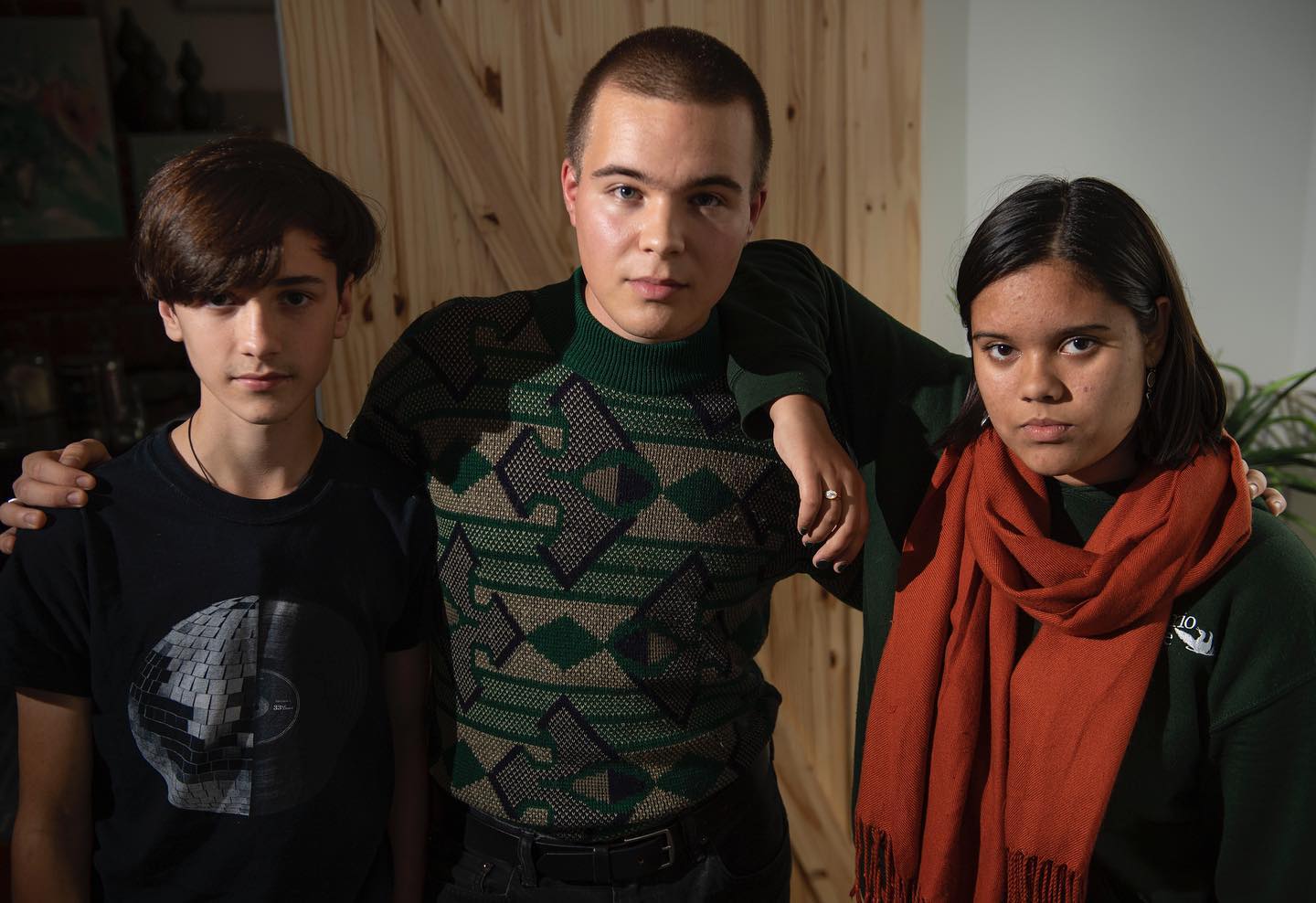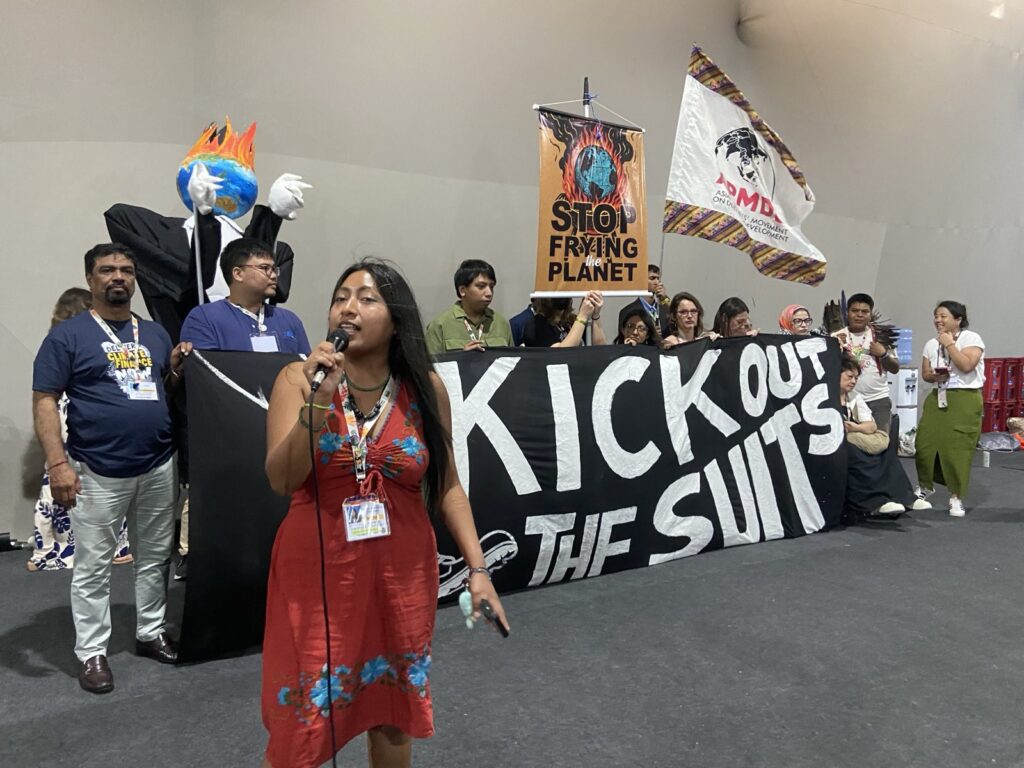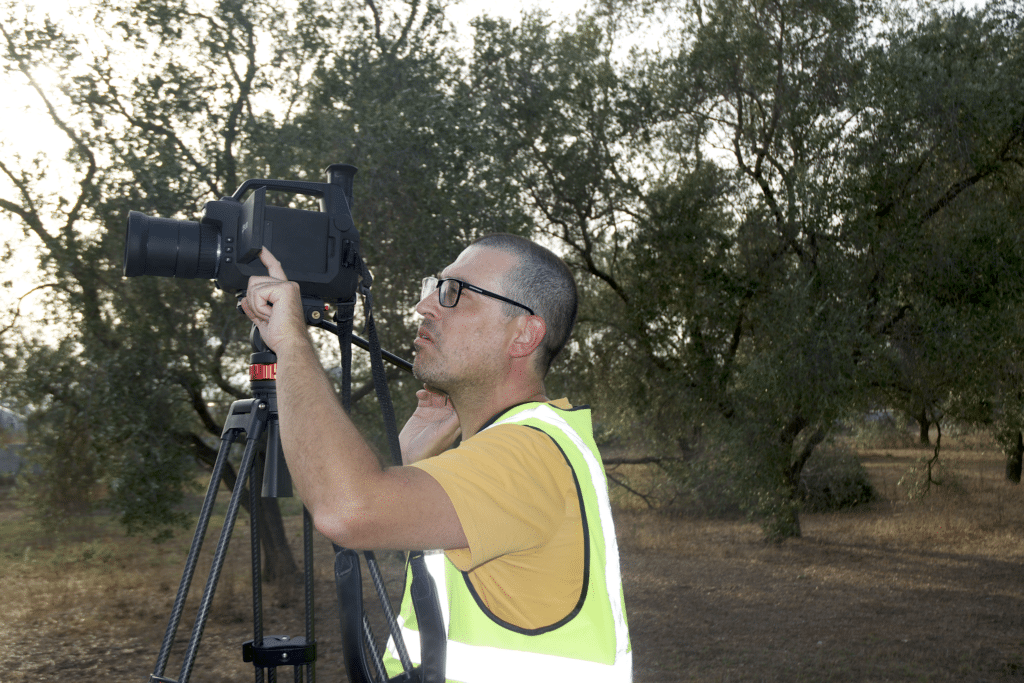The Federal Court of Canada has decided to dismiss a climate lawsuit based on constitutional rights and brought by 15 young Canadians against the federal government. The decision, issued October 27, effectively denies the youths the chance to present their case and the supporting climate science at trial.
“I am incredibly disheartened by the court’s ruling,” Lauren, a 16-year-old plaintiff from Saskatoon, Saskatchewan, said in a press release. “As a young Canadian whose rights are being violated, having the court grant the government’s motion to strike is very upsetting, and I feel that my rights to a safe and healthy future are not being taken seriously by those in power.”
BREAKING: Today, Justice Michael D. Manson denied the 15 youth plaintiffs in La Rose v. Her Majesty the Queen their day in court. The youth must now go to a higher court before proceeding to trial.
Closing the courthouse doors to children is a great injustice. 1/4 pic.twitter.com/PJWd27WCeV
— Our Children’s Trust (@youthvgov) October 27, 2020
This youth climate lawsuit, La Rose v. Her Majesty the Queen, is the Canadian version of the landmark American case Juliana v. United States. Both cases are brought by young people against their national governments challenging the governments’ responses to climate change and actions supporting fossil fuels, claiming that youths’ constitutional rights are being violated as the climate crisis worsens. The Juliana case survived multiple attempts by the U.S. government to prevent the lawsuit from moving to trial, but a federal appeals court reluctantly ruled to dismiss the case in January this year. A federal district judge in Oregon rejected the government’s initial bid to dismiss on November 10, 2016, ruling the day after Donald Trump won the election that the 21 Juliana youth plaintiffs should get their day in court.
Now, nearly four years later, Justice Michael D. Manson of Canada’s Federal Court has refused to allow the Canadian youth plaintiffs their day in court. He determined the youths’ case “fails on the basis that there are some questions that are so political that the Courts are incapable or unsuited to deal with them.” This “political question” interpretation of climate change lawsuits by courts has been a barrier to communities and citizens seeking justice through the judicial system in the face of an unfolding climate emergency that governments are largely failing to mitigate.
Young people — teens and children who are not able to vote — are increasingly turning to the courts in efforts to hold governments accountable for this failure. The youth argue that their very lives and futures, indeed their fundamental rights protected by legal regimes like constitutions, are endangered by the climate crisis.
The 15 young Canadians of the La Rose case sued Canada in October 2019, alleging that the federal government, through actions supporting fossil fuels and failing to rapidly slash greenhouse gas emissions, is harming them as the climate crisis, caused primarily by fossil fuel emissions, gets progressively worse over time. Canada continues to subsidize the fossil fuel industry and in 2018 the government even purchased the controversial Trans Mountain tar sands pipeline from the Texas-based Kinder Morgan, for example.
Specifically, the youth say that Canada is violating sections 7 and 15 of the part of Canada’s constitution called the Canadian Charter of Rights and Freedoms. Section 7 protects rights to life, liberty, and security of the person while section 15 is about equal protection under the law. Additionally, the youth argue that Canada is breaching its responsibility to protect vital natural resources under a legal theory called the public trust doctrine.
Lawyers for the Canadian youth say their case is grounded in climate science, because the science indicates that heat-trapping emissions worldwide are way beyond what is considered a “safe” limit. The youth plaintiffs are seeking a court order for the Canadian government to develop and implement a plan guided by the science to drastically slash the country’s greenhouse gas emissions.
Canada challenged the youth lawsuit, requesting the court squash the case before it could go to trial. A two-day hearing on this request, called a motion to strike, occurred on September 30 and October 1.
Justice Manson agreed with the federal government that the youths’ case challenging the entirety of Canada’s conduct relating to climate and energy issues is overly broad and not justiciable, meaning not a case that is suitable for the courts.
As Justice Manson wrote in his decision, “the diffuse nature of the claim that targets all conduct leading to [greenhouse gas] emissions cannot be characterized in a way other than to suggest the Plaintiffs’ are seeking judicial involvement in Canada’s overall policy response to climate change.” He said it is not the role of courts to scrutinize overall policy choices.
The Canadian youth plaintiffs and their lawyers say they plan to appeal this ruling.
“It is an affront to justice that when children are being harmed by specific legal actions their government has taken, they have no recourse,” Andrea Rodgers, Senior Litigation Attorney with Our Children’s Trust, a nonprofit law firm that supports youth climate cases, including the Juliana case, said in a press release. “It is a sad day for Canada and democracies around the world, and judicial restraint in the face of the climate crisis will one day be seen as one of the world’s great follies. For these children’s sake, we are hopeful that this miscarriage of justice will be corrected on appeal.”
Watch below as La Rose youth plaintiff, @AlbertLalonde10, reacts to yesterday’s ruling. He says: “We’ll win this fight.” #youthvgov #YouthvGovCanada pic.twitter.com/K1GDTzJCMt
— Our Children’s Trust (@youthvgov) October 28, 2020
Albert Lalonde, an 18-year-old plaintiff from Montreal, Quebec, added that the youth are not giving up in their quest for justice on climate change.
“If courts can’t rule in favor of justice, then who can? I hope the Court of Appeals will agree with me,” he said in a statement. “Whatever happens, we will not make it possible for them to keep threatening our ability to live. There is just no other option.”
Main image: La Rose v. Her Majesty the Queen plaintiffs Ira, Albert, and Cecilia. Credit: Robin Loznak, courtesy of Our Children’s Trust. Used with permission.
Subscribe to our newsletter
Stay up to date with DeSmog news and alerts






